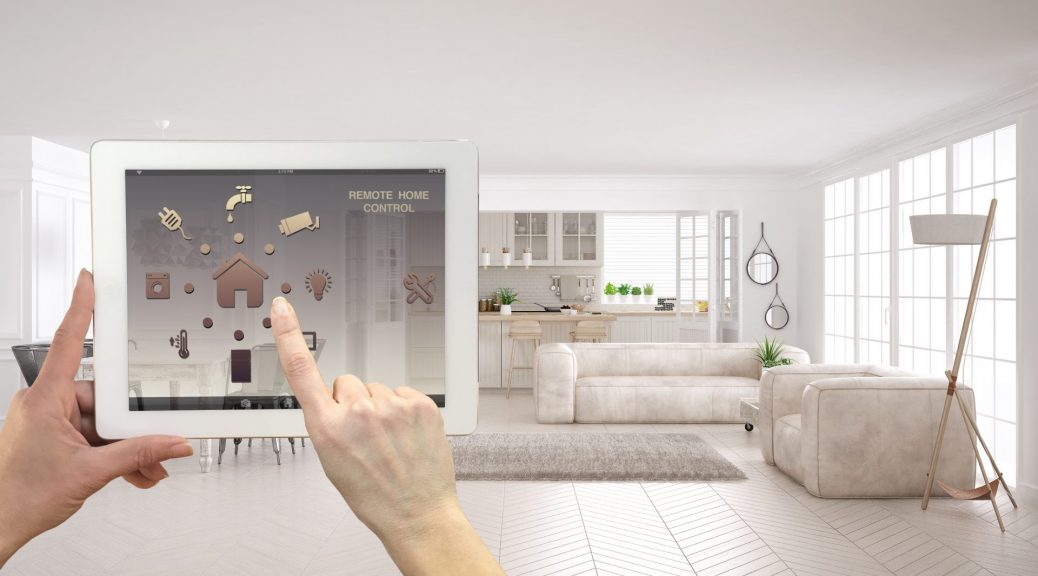The Issue – How do smart technologies create or alter risks in the home
Smart homes may sound exciting with new technologies enabling devices that can cover everything from automated climate and lighting to virtual assistants, fridges that restock themselves and access controlled remotely via an app. But smart homes may also create new risks alongside the benefits they bring.
Why it’s important
The number of smart homes is growing rapidly and with them the risk exposure changes. Therefore, it’s essential for stakeholders – residents, house builders, device manufacturers, policymakers and insurers, to understand the risk related implications. Smart home technology could shift the role of insurers beyond claims handling into quality of life improvement, for example, disrupting the home insurance market. The flow of data from households might support new pay-as-you-live business models for service providers, but also raise important governance issues.
What our professor has to say:
Joël Wagner, professor of Actuarial Science, and his research colleagues conducted a literature review of over 200 research papers and practitioner studies to assess current knowledge on smart home related risks.
Smart home technology seems likely to have a positive impact on commonly insured household risks. One study by a major insurer predicted a 50% reduction in total insurance claims due to water, fire and theft, for example. And with ESG considerations high on the agenda, smart homes are also a route to reducing wastage and energy consumption.
But there are some downsides. “Having smart devices networked to the external world increases the cyber security risk,” says Joël. “This might be due to vulnerabilities and threats in the hardware, software and data of smart home devices. Or just the use of poor passwords and default settings.”
There are also significant data related issues. “These devices, monitoring our movements, decisions and interactions in the home, provide detailed insights into our lives,” says Joël. “In many ways this private lifestyle data is just as sensitive as our health data. The aggregation of smart home data raises huge social and governance considerations around data privacy and digital ethics.”
Conclusion
Prof. Wagner and his co-authors identify a number of risks and also suggest steps to help mitigate some of them, such as designing smart home systems that allow users to assess their own risk exposures more easily, or providing advice on dealing with cyber security and privacy-sensitive information.




